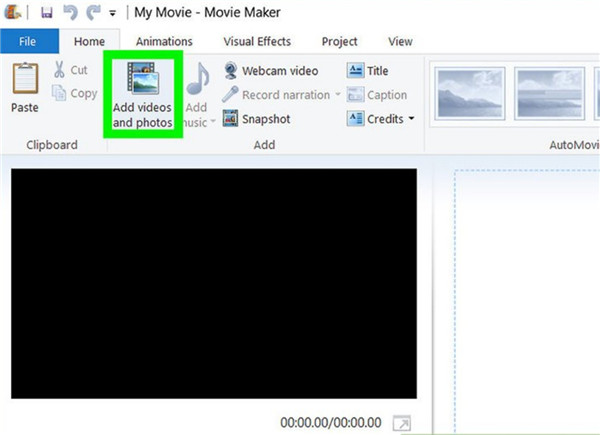Youtube Poop Maker Download
понедельник 06 мая admin 23
'You know, I used to enslave someone in my class to make level design drawings on filler paper for me. I wanted to make this game after I've seen the Robotnik Game Maker game based off a Youtube Poop.
I wondered why that game had people playing it but mine didn't really get any attention. But now I realized my errors on this. Legit, I did some math formula to set how much stages before seeing the boss. I think it's multiply how many stages the previous section was by three. And geez, the last section was way too long. There was barely any changes in the appearance of the stages, making it dull. I understand I limited myself to a caslte, but that's not an excuse!
Castlevania did it good! Anyways, I really thought this was going to be a good game, but it was more like a good learning experience for me.' • The [NPS] is an original enemy that would soon appear in other games such as. Its name stands for Nipple Paper Soldier. • The bosses were finished before the stages were finished.
You'll have to slog through tons of YouTube Shits to find the YouTube Poops, but they do in fact exist. Jojo mayer secret weapons for the modern drummer pdf to jpg. At any rate, post your favorite YouTube Poops! BUT KEEP THOSE DAMN PONIES TO AN ABSOLUTE FUCKING MINIMUM. Relateds: /r/YTPMV - for YouTube Poop Music Videos! /r/youtubepoop - more poops! /r/michaelrosen - only the tastiest rosen memes. The Windows release of the game. If you would like to play it on a Macintosh or Linux computer, use Wine or something like that.
Chair just got lazy making over 50 stages. She did some sort of math equation to detemine how many stages would be added after each section even though she did not like the huge number of stages before the final boss.
• Chair decided to make Morshu say 'MMMMMMM' whenever Morshu climbs a ladder. The sound became annoying and repetitive that she decided to remove it.
• Chair ripped the Youtube Poop character sprites from Youtube videos. • Morshu used to be able to climb walls using rope but that caused the game to be broken. She decided to make the rope not climb walls but hold on to walls.
Picture this: Your kid has settled in to watch what looks like a nice video. The title of the video looked age-appropriate and your kid instantly recognized the familiar characters. But after a few minutes of normal play, the story goes horribly wrong. The characters start cursing, bleeding violently, or engaging in other disturbing acts. What’s up with these strange videos that look like they’re for kids but definitely are not? And why does YouTube show them to you?
Weird videos using familiar kids’ TV characters are a thing on YouTube. They belong to a category of video called (YTP). YTP is a mashup of familiar characters, images, and stories that go off the rails. People create them using video-editing software that lets them splice in clips from real shows. Though these videos deceive and scare people, that’s not necessarily the creators’ intention.
More likely, they’re trying to impress other fans of YTP (yes, they exist), mock kids’ entertainment, and provoke YouTube by exposing weaknesses in the way the company serves up video content. The very fact that you clicked on the video sends data to YouTube that you like the video and want to see more in the same vein. YouTube’s when there was a public outcry over these disturbing videos showing up in the app. In response, Google tightened up the restrictions on the videos it funnels to the YouTube Kids app. The videos could still appear on the main YouTube site.
Google wants YouTube to remain a platform where users can express their creativity, and even though these videos are disturbing, they don’t always violate YouTube’s terms of service. To reduce the risk of your kids seeing these disturbing videos, there are a few things you can do. In addition to using only the YouTube Kids app, you can, use, and remember to flag inappropriate videos, so YouTube won’t show them to you. Common Sense Media and IRL During Season 4 of IRL, we are proud to partner with, which empower parents, teachers, and policymakers by providing unbiased information, trusted advice, and innovative tools. Common Sense Media is contributing their thoughts on each episode to unpack how the web impacts families.
Listen to IRL Our online life is real life. We walk, talk, work, LOL and even love on the Internet – but we don’t always treat it like real life. In the, host Manoush Zomorodi explores this disconnect with stories from the wilds of the Web, and gets to the bottom of online issues that affect us all.
